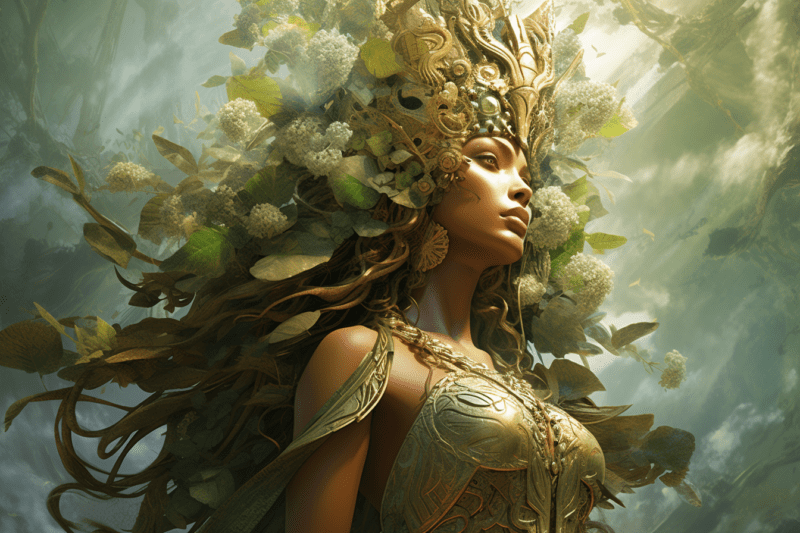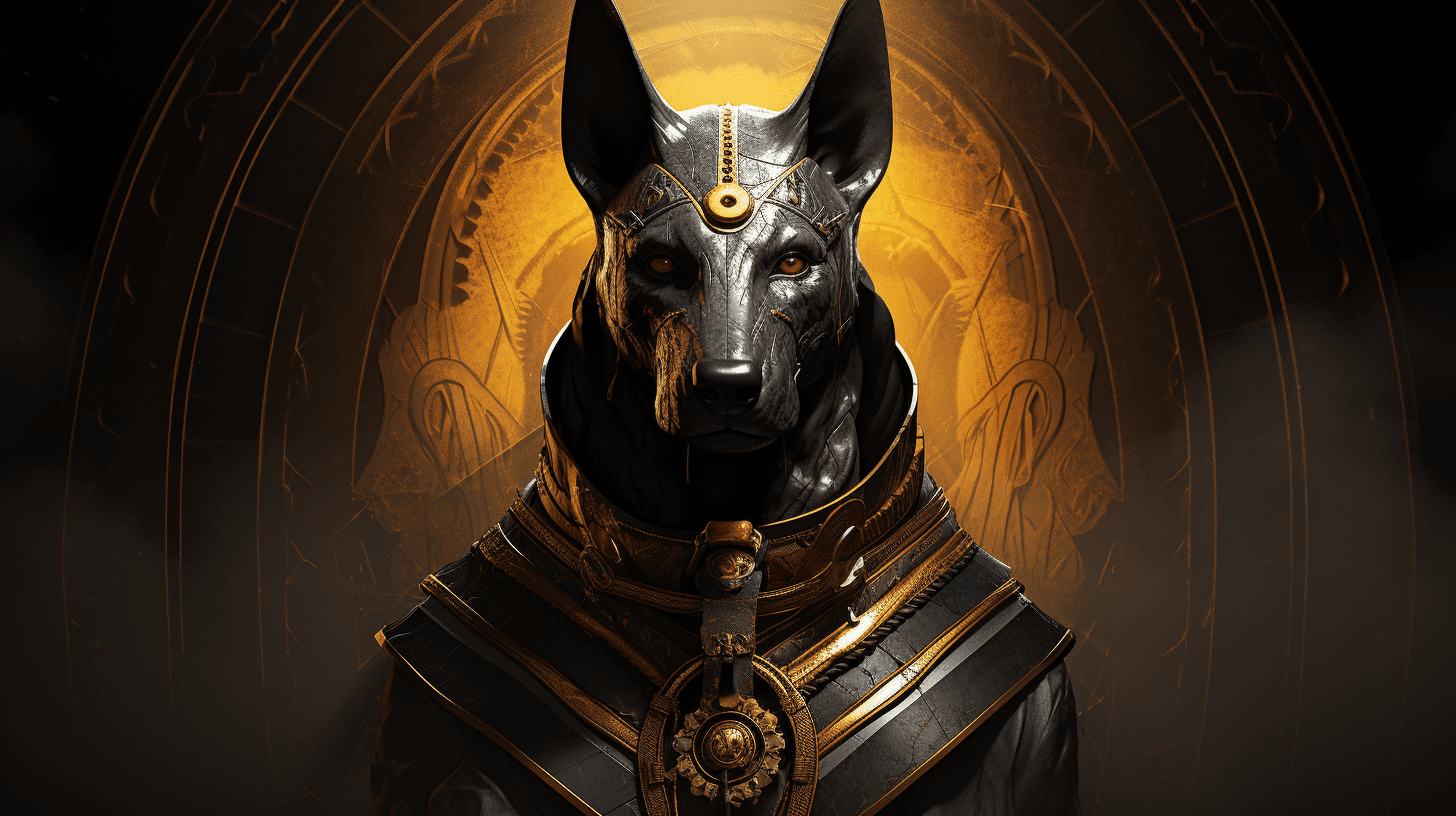In the vast realm of Japanese mythology, there exists a dazzling figure whose radiance has captivated the hearts and minds of countless generations. She is Amaterasu, the goddess of the sun, whose divine presence illuminates the heavens and brings warmth and life to the world. With her rich history and significant role in Japanese culture, Amaterasu has become an iconic symbol of power, beauty, and benevolence. Join us on this enlightening journey as we delve into the depths of Amaterasu’s origins, her divine attributes, and her enduring legacy.
Origin and Genealogy
Amaterasu, also known as Amaterasu-ōmikami, holds a prominent position in the Shinto pantheon of gods and goddesses. According to ancient Japanese mythology, she is the daughter of Izanagi and Izanami, the divine couple who created the islands of Japan and gave birth to numerous deities. Amaterasu is often depicted as the elder sister of Susanoo, the storm god, and Tsukuyomi, the moon god.
In the mythological tales of the “Kojiki” (Records of Ancient Matters) and the “Nihon Shoki” (The Chronicles of Japan), Amaterasu’s birth is described as a crucial event that shaped the world as we know it. Legend has it that when her brother Susanoo wreaked havoc in the heavenly realm, Amaterasu retreated to a cave, plunging the world into darkness. The other gods and goddesses devised a plan to lure her out, resulting in her emergence and the restoration of light and life to the world.
Divine Attributes and Symbolism
Amaterasu embodies a plethora of divine attributes and symbolism, making her an integral part of Japanese religious and cultural traditions. As the goddess of the sun, she represents the life-giving force that sustains all living beings on Earth. Her radiant presence is believed to bring prosperity, fertility, and good fortune.
Amaterasu is often depicted as a radiant and regal figure, adorned in flowing robes and a majestic headdress. She is frequently portrayed holding a mirror, which symbolizes her ability to reflect the truth and reveal the innermost essence of individuals. This mirror is considered one of the Three Sacred Treasures of Japan, along with the sword and the jewel, which are said to have been given to Amaterasu by her father, Izanagi.
The Legacy of Amaterasu
Amaterasu’s influence extends far beyond the realm of mythology. Her legacy can be seen in various aspects of Japanese culture, from religious practices to artistic expressions. Shinto, the indigenous religion of Japan, venerates Amaterasu as one of its most important deities, with numerous shrines dedicated to her throughout the country.
The Imperial Family of Japan traces its lineage back to Amaterasu, with the emperor being considered her direct descendant. This connection further emphasizes her significance and her belief in the divine nature of the Japanese monarchy.
Amaterasu’s influence can also be observed in traditional Japanese arts, such as Noh theater, where her stories are often portrayed, and in contemporary popular culture, where she continues to inspire and captivate audiences through various forms of media.
Conclusion
Amaterasu, the radiant goddess of the sun, holds a cherished place in Japanese mythology and culture. Her captivating story, divine attributes, and enduring legacy have made her an iconic figure, revered for her power, beauty, and benevolence. As we continue to explore the rich tapestry of Japanese mythology, let us remember the awe-inspiring presence of Amaterasu, whose light continues to shine brightly, illuminating the hearts and minds of all who encounter her timeless tale.





